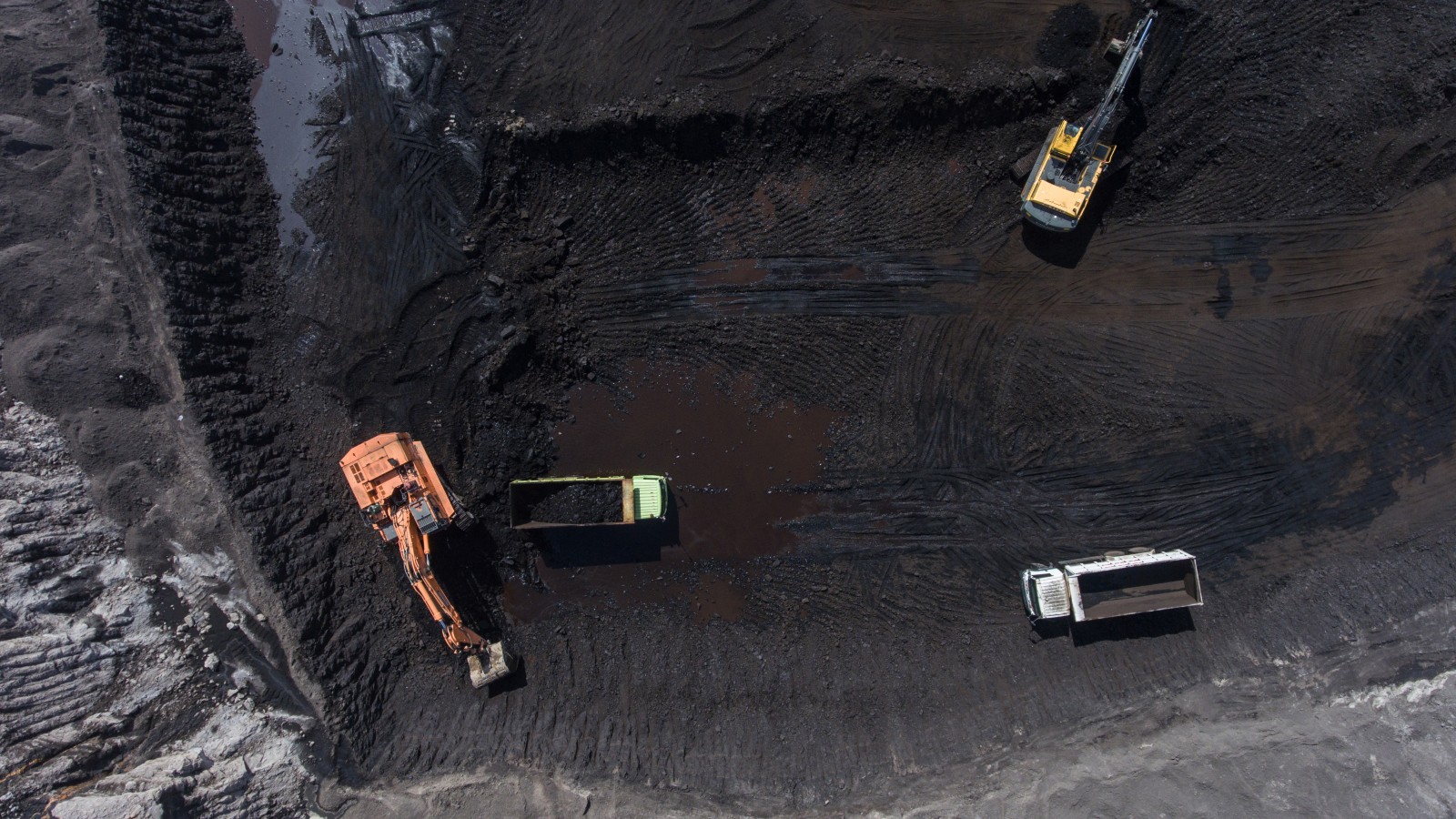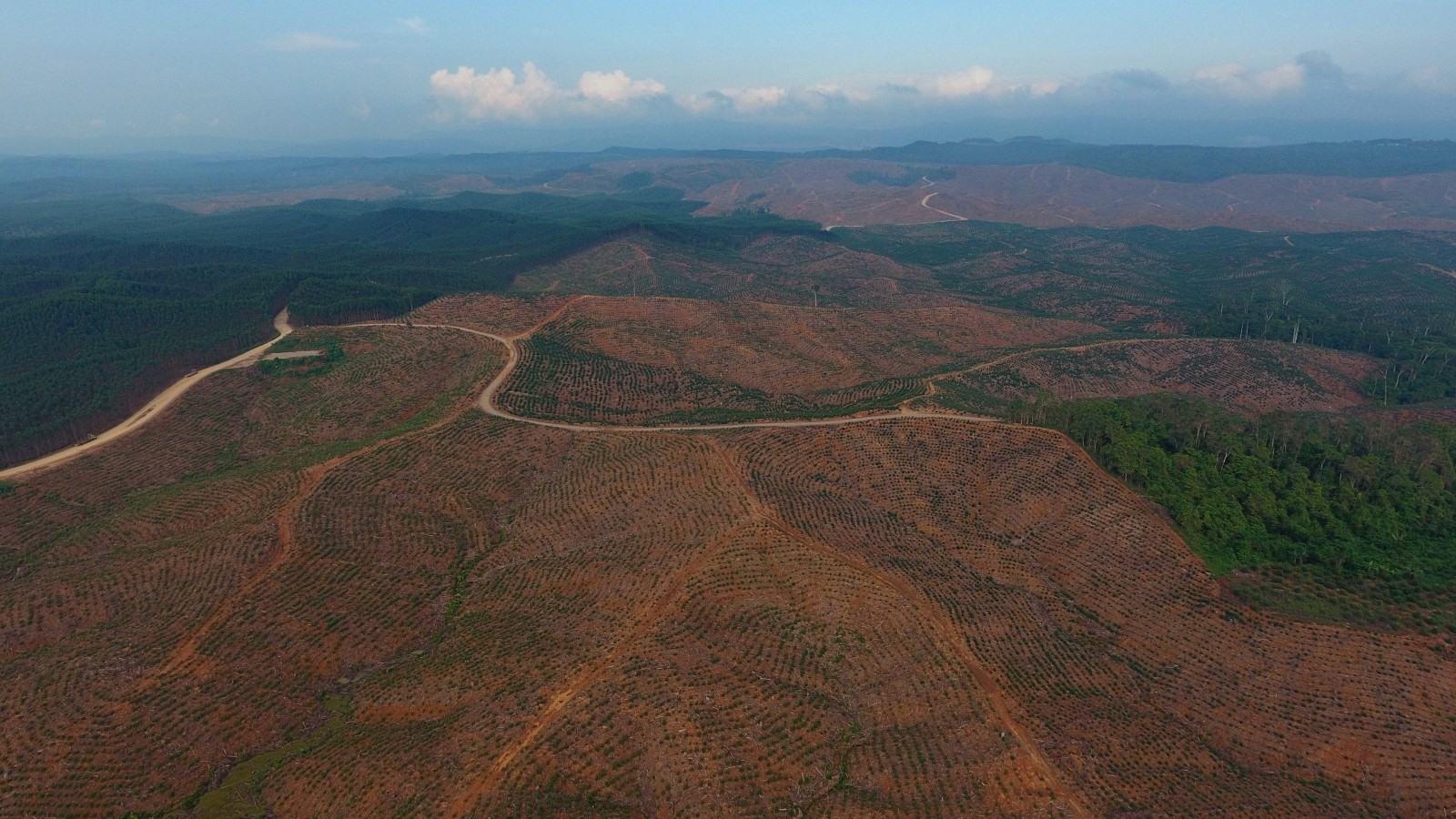Industrial mining is linked to the loss of more than 1200 square miles of tropical forest across the globe between 2000 and 2019, according to a new study published this week in Proceedings of the National Academy of Sciences.
The minerals needed for a transition to clean energy are extracted through mining operations. As the mining industry expands, the scientists behind the paper say that both governments and mining companies need to take deforestation into account when making decisions about how and when to mine for minerals.
While agriculture and livestock farming pose greater threats to forests across the globe than industrial mining, the study highlights the industry as a new and growing concern.
“The energy transition that is coming is going to be mineral intensive — it has to be mineral intensive,” said Anthony Bebbington, one of the study’s authors and a professor of geography at Clark University in Massachusetts. Iron for turbines, lithium for car batteries, copper, nickel and more, are all essential, he said.
Bebbington expects demand for minerals to increase exponentially. Already, mines worldwide extract double the raw materials today as they did in 2000, according to the study.
Given that forests play a key role in absorbing the carbon emissions driving climate change, Bebbington said governments and mining companies must consider the industry’s impact on nearby forests in order for a clean and just energy transition to take place.
In the East Kalimantan province in Indonesia, for example, “there is plenty of evidence of communities having to move, or losing land, because of the expansion of coal mining,” Bebbington said. East Kalimantan is the center of the coal mining industry in the country.
The study is the first to measure the impact of industrial mining on tropical forest loss on a global scale. Researchers looked at deforestation in 26 countries between 2000 and 2019, using data from Global Forest Watch
Of these, Indonesia alone accounted for over 58 percent of all tropical deforestation directly attributed to the mining industry.

Brazil, Ghana and Suriname have also sustained major tropical forest loss as a direct result of industrial mining, according to the study.
“The risks for environmental damage and the…infringement on human rights risks are real, and this data is pointing to that,” said Bebbington.
Beyond the actual perimeter of industrial mining sites, tropical forests nearby these mining operations also face threats.
These sites require their own infrastructure, the study says. New roads, population increases, and nearby small-scale mining operations can all contribute to deforestation near industrial mining, Bebbington said.
Two-thirds of the countries included in the study experienced higher rates of deforestation within 50 kilometers, or roughly 30 miles, of mining sites.
The lead author of the study is Stefan Giljum, an associate professor at Vienna University’s Institute for Ecological Economics. Beyond forest loss, he said, the environmental impacts of industrial mining include loss of biodiversity, disruption of water sources, pollution, and an increase in hazardous waste.
“Government permitting should take all of this into account; an industrial mine can easily disrupt both landscapes and ecosystems,” Giljum said in a press release. “Industrial mining remains a hidden weakness in their strategies to minimize environmental impacts,” he said.
While the study excluded artisan, small-scale, and illegal mining activities due to lack of consistent data, Bebbington said accounting for these mining activities would have only increased mining’s impact on tropical forests.
The study does not say mining is the main driver of deforestation worldwide, but it is a significant driver, Bebbington said. “If we accept the energy transition is going to involve an exponential increase in mining, the risk of an exponential increase of [forest loss] and the rights of communities that live in those forests is real and significant.”
The degree of these consequences depends on the “determination and decisions of both governments and companies” to anticipate and “do something about it,” he said.


